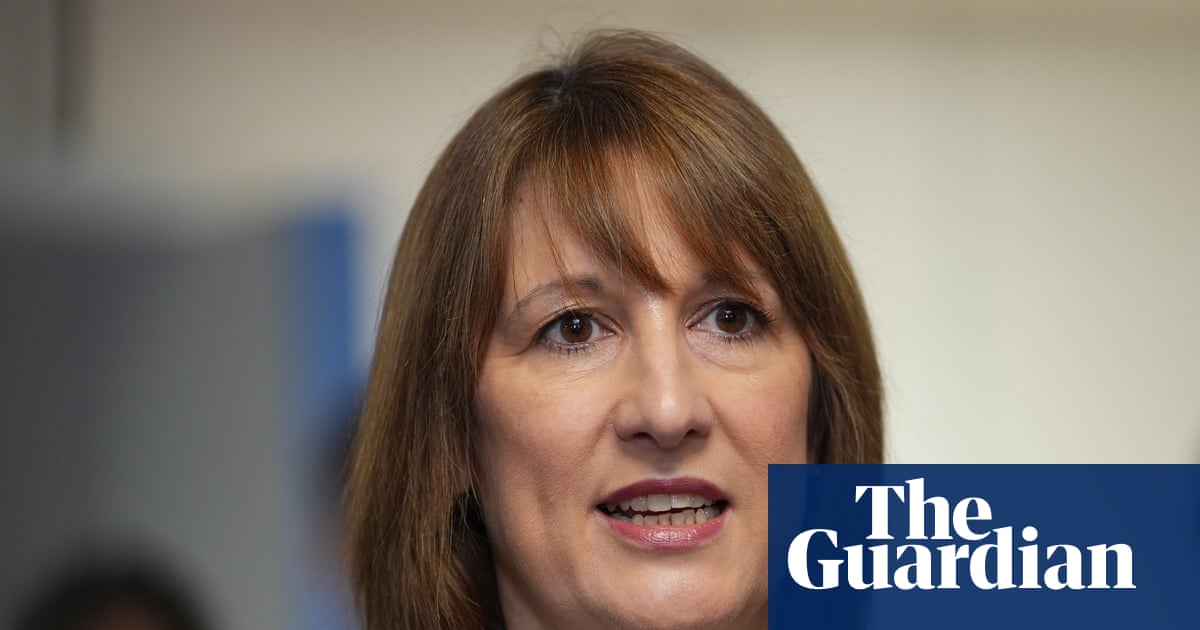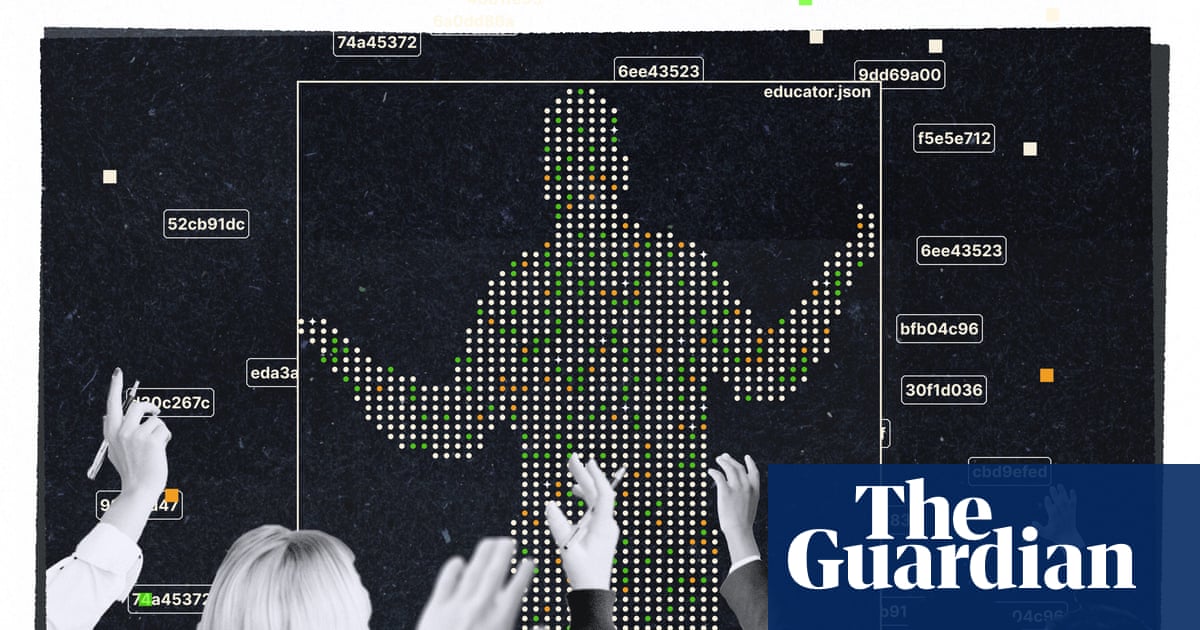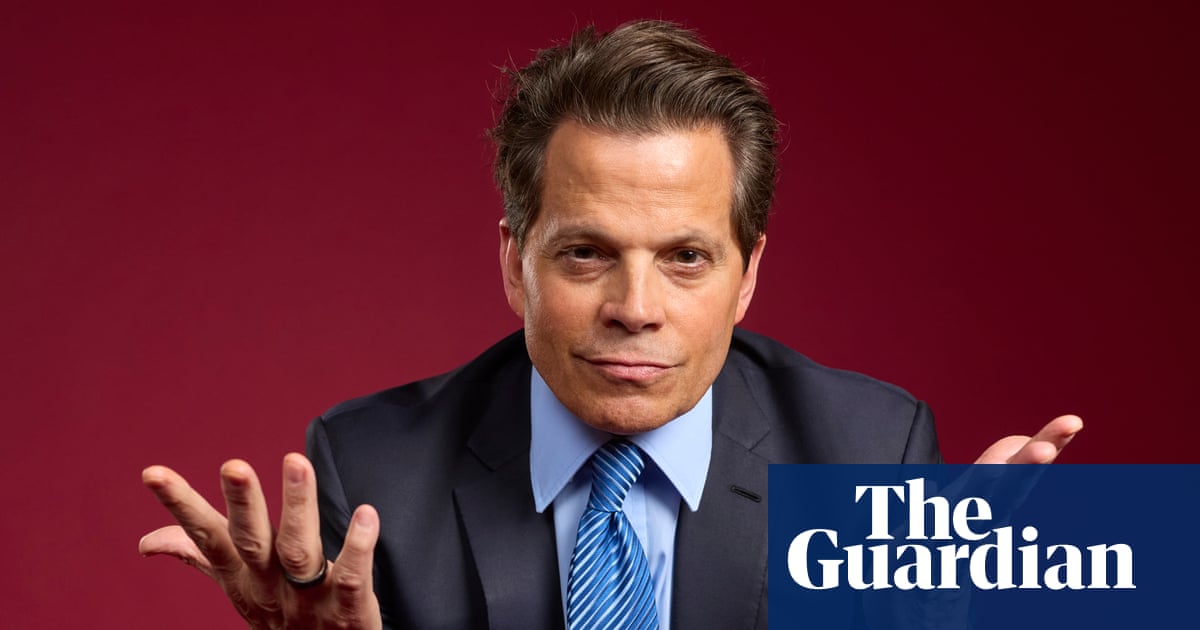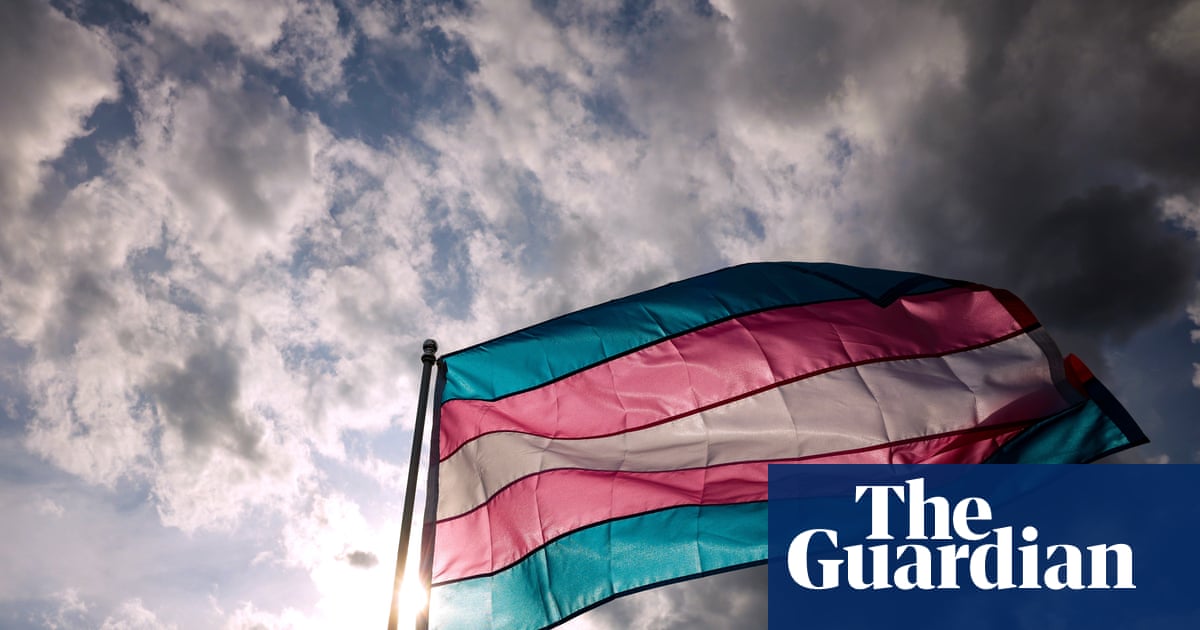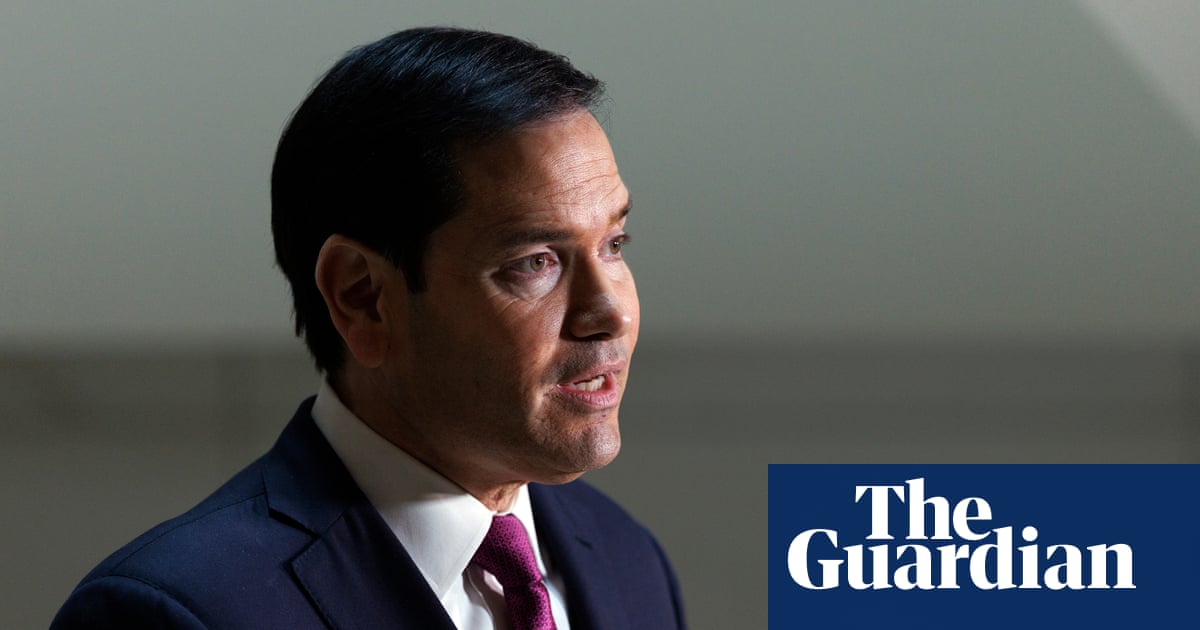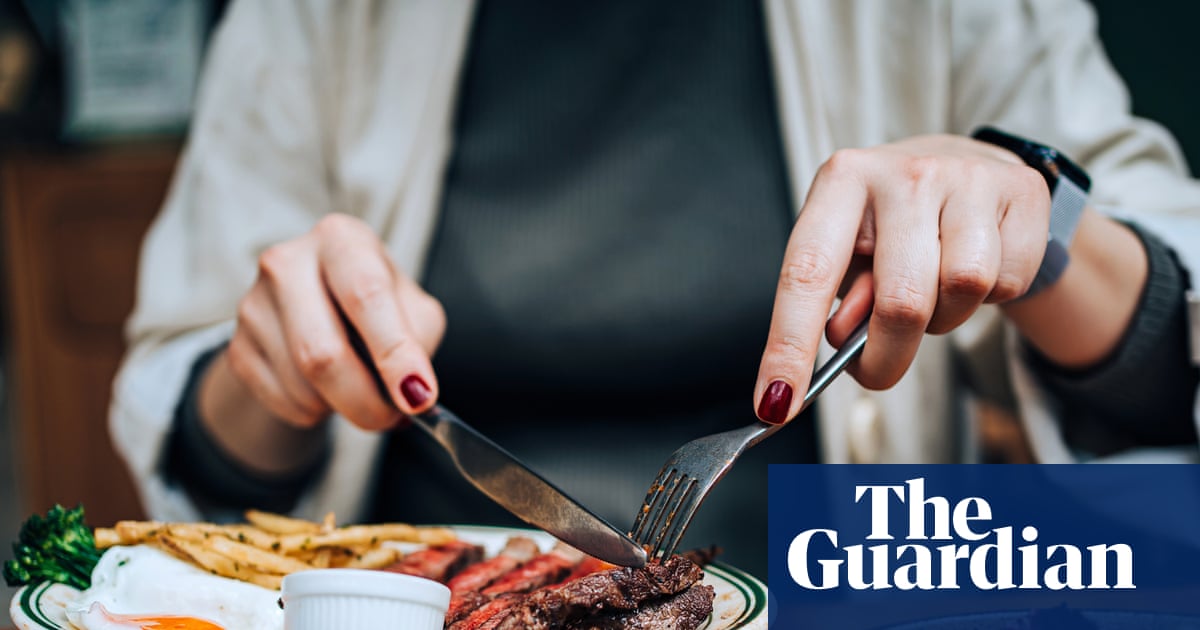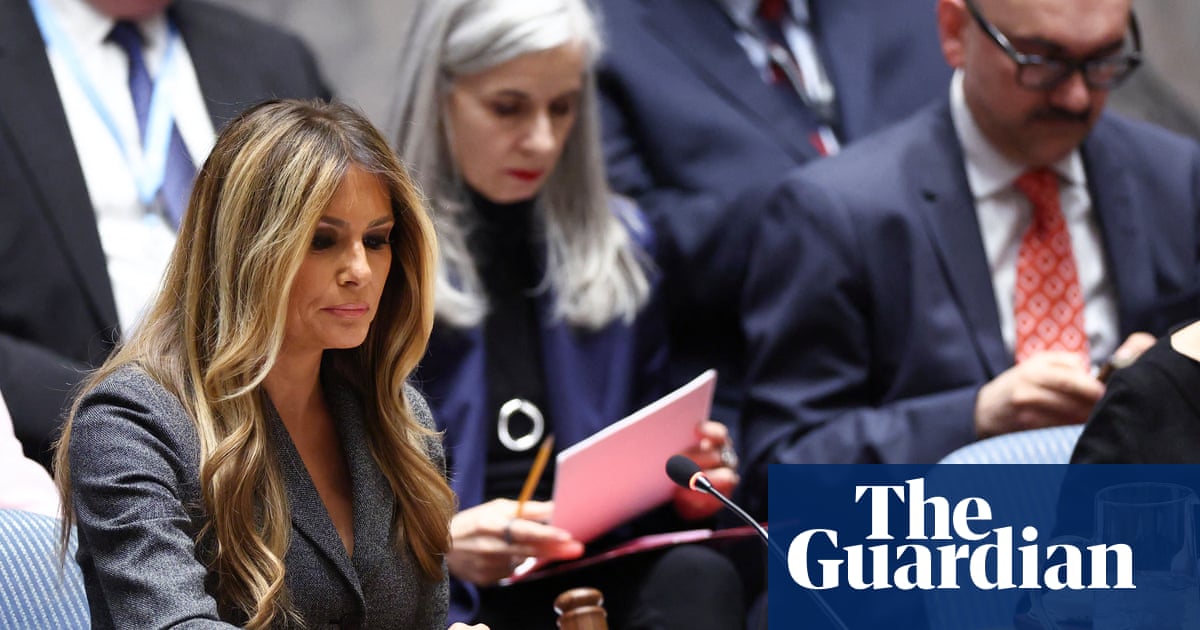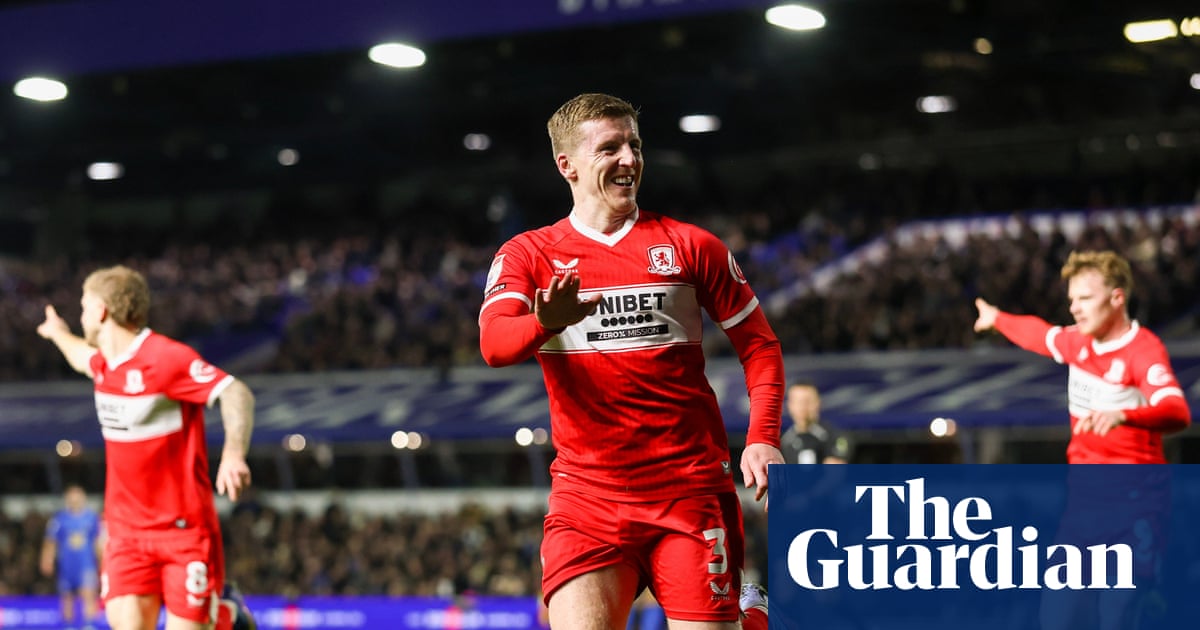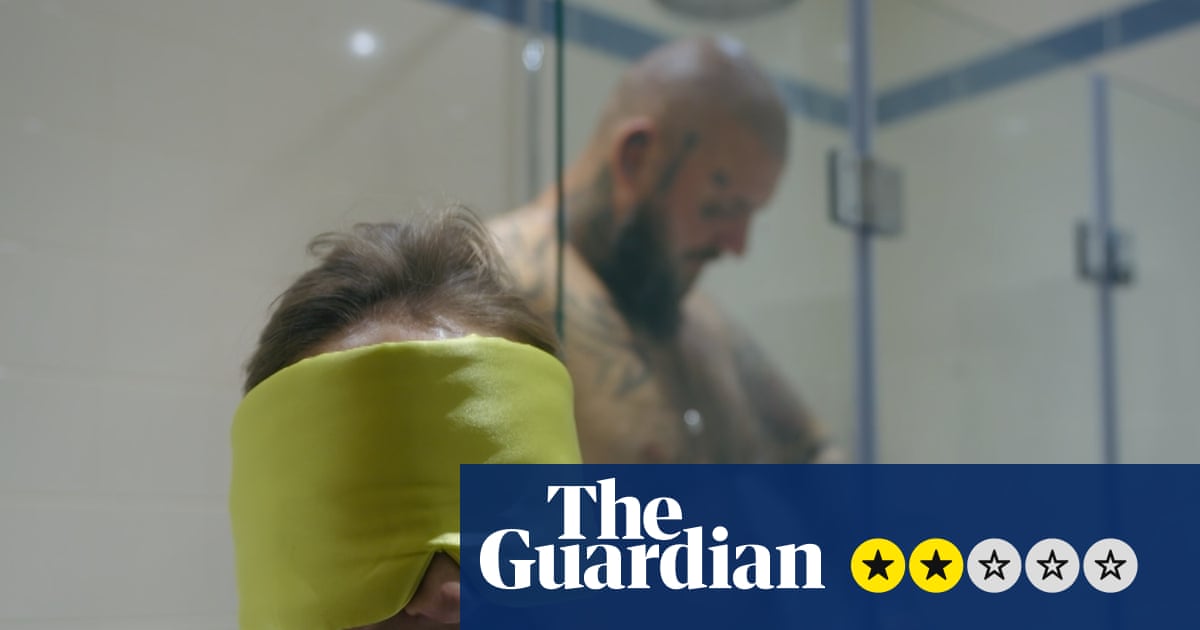There’s a moment in a boy’s life when it almost hurts to look at them, so beautiful and vulnerable are they. Manhood is right there knocking on their door, and these tow-headed, big-eyed boys open it and for a time there is one foot in, one foot out, trying out this new space, going back into the comfort of the old. Back and forth.
It’s a vexing time. Some boys are more like men, some boys are more like babies. They vary massively in size and adult masculinity. Hormones surge, or may yet be a year away. At about the same time, they are leaving the top of the heap at primary school, where they know everyone and everyone knows them, and they go to the bottom of the heap at high school, a daunting experience for everyone, girls too.
Then, experts say, boys start test-driving their masculinity, performing it for their peers, looking for approval. By the time they are 14, some things have been set. Identities are formed, behaviours emerge, risk-taking grows. Some boys will deal with these new pressures and feelings dysfunctionally, and this is the minority of boys who will start behaving with what is now widely known as toxic masculinity.
In a landmark survey of 1,400 adolescents aged 14-18 that seeks to establish what it means to be a boy/man in Australia today, the news about these particular boys is grim – it’s no surprise that the segment of the boy population who hold harmful and rigid ideas about hegemonic masculinity are not doing so well. They are lonely, most likely have been victimised themselves, and mentally unwell. It’s important to note again that this is a minority of boys doing badly. On most measures, as many studies show, boys are across the board still doing better than girls and gender diverse people.
There are some hopeful statistics about boys in general, and it’s good to focus on these. The first is very gratifying and suggests that online influencers like Andrew Tate have a much, much smaller impact on teen thinking than the alarm bells and media attention might otherwise suggest. According to the data, less than a quarter of boys said social media and online influencers had a big impact on their ideas of masculinity, while 59% said parents were very impactful.
There is the comforting news that many boys report being happy to continue showing their vulnerability as they head into the adult world, feel at ease comforting friends and are happy to talk openly about their problems. The other lovely statistic is that 96% of adolescent boys believe in gender equality, which means ideally we have the raw clay to make something good of this next generation. Sadly it comes with the statistic that only 17% of boys will intervene or speak up when witnessing sexist comments towards women and girls. Attitudes and action do not match up. Boys are scared of boys too.
The author Tim Winton wrote in a speech about boys and men and toxic masculinity some years ago (and remains eloquently relevant today):
Boys need help. And, yes, men need fixing – I’m mindful of that. Males arrive in our community on the coattails of an almost endless chain of unexamined privilege. I don’t deny that for a second. But patriarchy is bondage for boys, too. It disfigures them. Even if they’re the last to notice. Even if they profit from it.
Youthful ideals certainly don’t match adult realities either. As if we needed reminding, earlier this week another landmark study found, yet again, that women make 76c for every dollar men make and still unfairly carry the domestic burden.
Will these boys who say they believe in gender equality believe in it so much when they enter those adult systems and find they really, really work in their favour? Or will they forget? Patriarchy awaits, and it’s hard for many men to see that systems and institutions that seem like they are working very much in their favour can be bad for them.
And so, we return to hope, placing it in the next generation of young boys who say they want to live in a world where boys and girls are equal. Will they be able to make a manifest difference when they emerge into that world? No pressure, lads.
Meanwhile, perhaps we could switch focus to the constant refrain that has been reverberating around this space forever: where are the good male models? We need good male role models! Good men to step up, intervene, demonstrate good behaviour and good allyship. We hear it again and again.
Could this in itself be a problem, this rigid focus on a masculine solution to the rigid masculinity problem? It perpetuates the foregrounding of masculinity and says something salient about how important everyone thinks it is for men to teach boys how to be men. Why? And is it working?
Another pleasing statistic from this survey is that the boys who did not subscribe to harmful ideas of rigid masculinity were influenced by their fathers more than social media and their mates. That tracks and, yes, good male role models are important of course. But a close second in influence were their mothers so, guess what, women can teach boys how to be decent too.
Could that be a better key? Not that we want to give women more work, obviously, or suggest that men don’t have to do it – it’s about tweaking the messaging we all can give boys.
So what does it mean to be a boy/man? Ultimately it means the same thing that it means to be a girl/woman, or anyone on the gender spectrum. That you are no better or worse than anyone else regardless of your biology. That you have the distinct ability to reflect on and laugh at your existence. That you should be free and safe to be whoever you want to be. It’s what it means to be human.

 3 months ago
104
3 months ago
104


